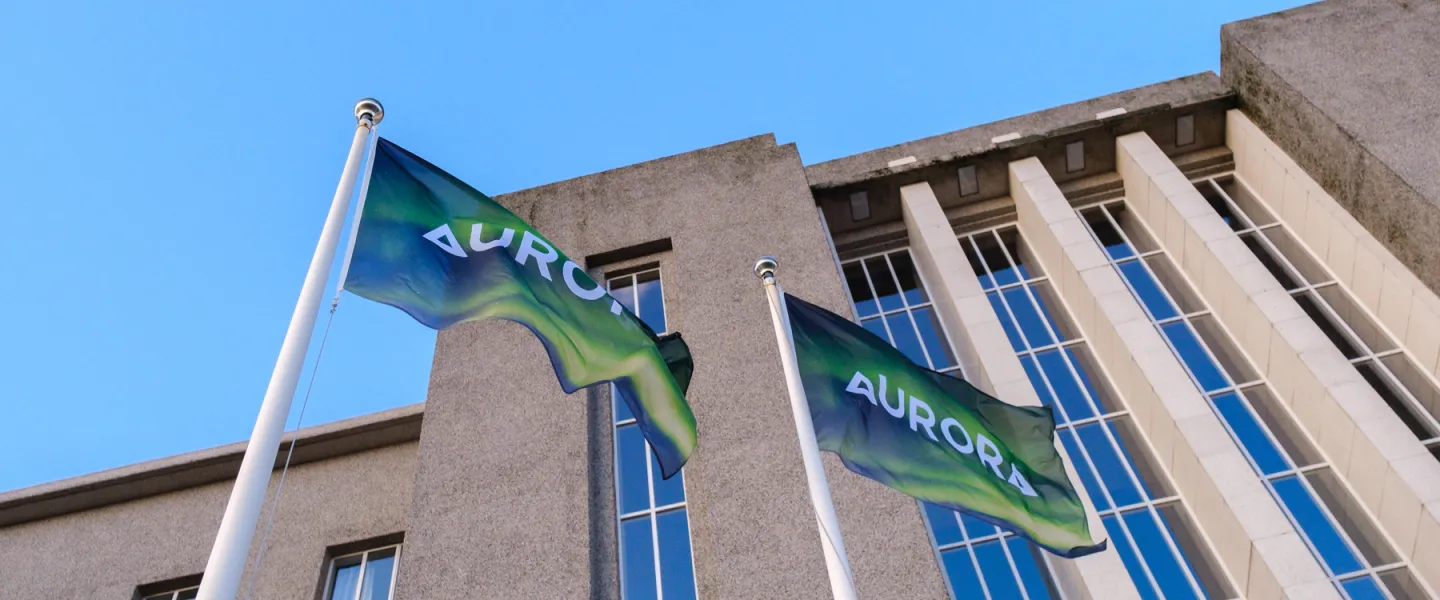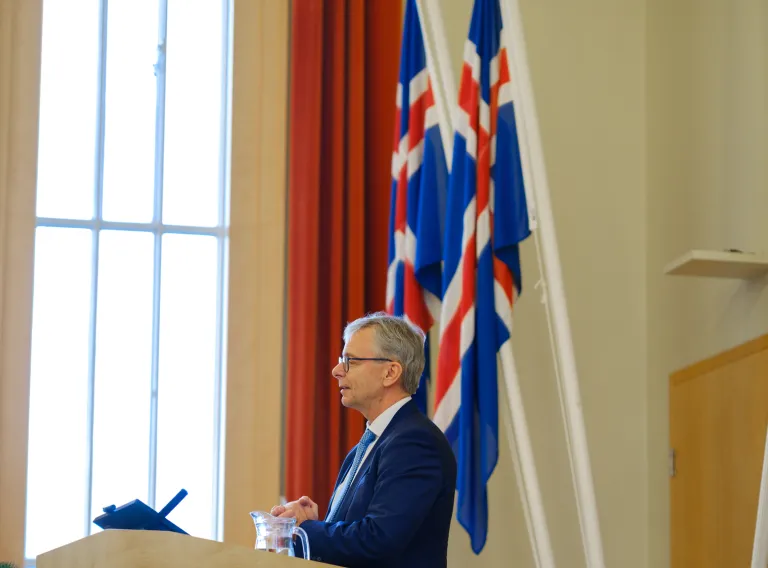
This week marked the new phase of an international university cooperation, that the University of Iceland will lead for the next four years. The cooperation is sponsored by the European Union and will enable its member universities to strengthen education, teaching, and research to combat the complex societal challenges facing us. The cooperation is called Aurora and boasts nine european member universities, that all share a focus on social innovation and responsibility.
The Aurora cooperation has been active for the past seven years but was recently awarded a roughly 14 million Euro grant from the European Commission, or what equates to just over two billion ISK, to continue their cooperation. This grant is a part of the European University Initiative. As the leading university, the University of Iceland will receive the largest share of the funding, or around seventeen percent. Jón Atli Benediktsson, the rector of UI, is the current president of Aurora.
“The main goal of the Aurora cooperation is to provide students with education that helps cultivate the mindset and proficiencies of social entrepreneurs and innovators, as well as equipping them to take on some of the biggest global challenges we, as a society, are currently facing,” said Jón Atli, as he formally kicked off the new phase of the cooperation in the University‘s Ceremonial Hall, with Áslaug Arna Sigurbjörnsdóttir, the Minister of Higher Education in Iceland and Lucie Samcová, Ambassador of the European Union to Iceland, among the event‘s attendees.
“During this new phase, Aurora 2030, we will be increasing our focus on research. Additionally, we will continue to priorotise innovation in teaching and learning, as well as courses and studies inspired by the United Nations’ Sustainable Development Goals”, said the rector.
